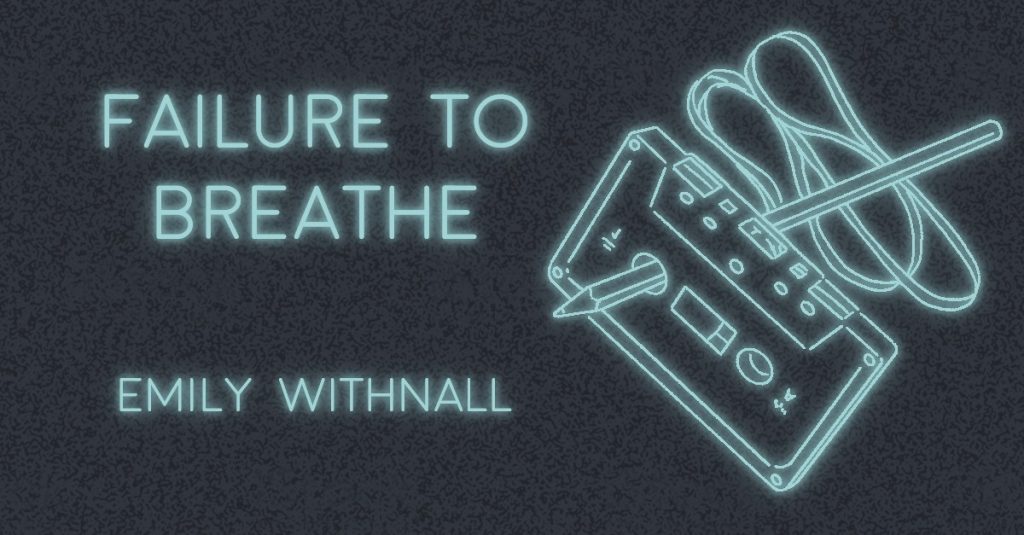
FAILURE TO BREATHE by Emily Withnall
The diaphragm wheezed and gasped. It was a broken accordion and with each push, the squeaking and squawking that emerged were evidence that it should surrender. There was no hope and what’s more, the attempts were painful—and embarrassing. The diaphragm felt defeated. This was an old, familiar feeling. It had never lived up to its full capacity, but over the years, awkward swimming lessons and less awkward singing lessons had strengthened it. The diaphragm knew what it was like to be useful and strong and to provide the satisfying, deep inhale and long sustained exhale. It was capable and even…
